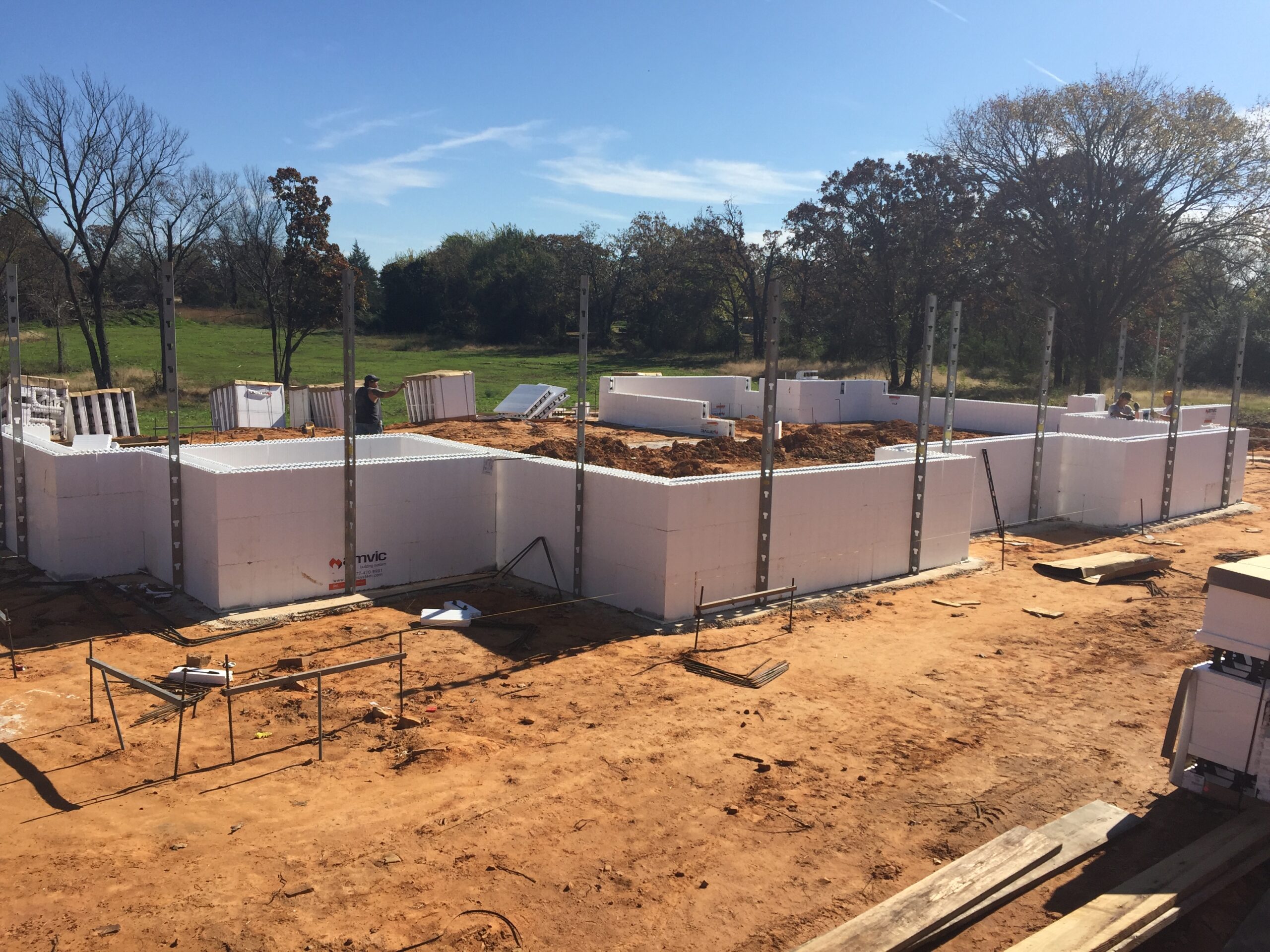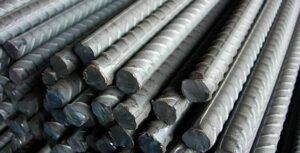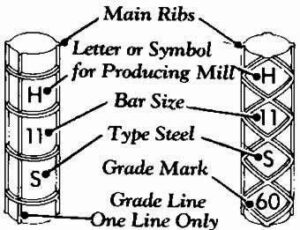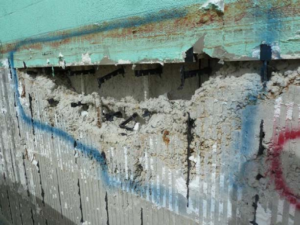
GM January 4, 2020 No Comment
If you are hiring an ICF contractor to build your project, learning how to speak ICF can help a lot. For example, if you have several bids and the cost for them vary significantly, knowing there are several ways they can use cheaper products in your project that you will likely never have a clue about is powerful info. Here are a few things to arm yourselves with in terms of product knowledge and some good questions to ask so you appear to know what you are talking about.
Reinforcing rebar

Asking what grade of rebar they will use is important. There is a difference in cost and strength and but just one way a shady contractor can cheapen your job by promising you one thing, and using another. Virtually undetectable visually by the average person but very different in terms of application and region.
Grade 60 rebar
This rebar offers a minimum yield strength of 60,000 pounds per square inch, or 420 megapascals on the metric grading scale. It features a continuous line system, with one line running along the length of the bar which is offset a minimum of five spaces from the center. These characteristics make grade 60 rebar particularly well-suited for medium- to heavy-duty concrete reinforcement applications.
This IS the rebar most recommended for ICF walls construction as called for in commercial ICF work so why not ask for it in your residential project.
Grade 40 Rebar
Rebar with a grade 40 designation offers a minimum yield strength of 40,000 pounds per square inch and conforms to ASTM A-615 performance standards. Its metric counterpart is grade 280 rebar, with an equivalent minimum yield strength of 280 megapascals. This makes grade 40 rebar an excellent choice for light- to medium-duty concrete reinforcing applications.
Concrete Mix Designs
This is very dynamic and opinionated field for contractors across the country. There are a few things you should know however so you can ask good questions about the concrete being used because ALL CONCRETE IS NOT EQUAL.
ICF forms are narrow by nature 6″, 8″ 10″ cavities with stuff in there. Rebar horizontally and vertically, pic sleeves, brackets, J-bolts on and on.
If your contractor chooses to buy larger aggregate concrete because it’s cheaper, you may never know the difference…until it’s too late.
Chip Mix rock for ICF

57 rock used for footings

The chip mix, small rock sized design works best with ICF forms because it allows for better flow reducing the chance for THE DREADED VOID! You may also consider additives like pump ease, to help the concrete mix flow through rubber pump hoses.
Considering the concrete slump.
If adding water to concrete is like handing Superman a Krytonite sandwich then getting good flow without added water also requires that you consider add mixtures like Use of Water Reducers, Retarders, and Superplasticizers that don’t weaken the concrete but increases the “slump or thickness of the mix. Adding water also adds weight and is not a good mix with ICF forms constructions projects which can promote blowouts.
The cost difference
The price between 4000 psi chip mix and 4000 psi footing mix using the larger 57 aggregate is fairly substantial depending on the region per yard and the temptation is there to save some bucks, but if you do experience voids you will wish you had not either decided to go that route or was mislead down that path by a dishonest contractor.

I hope this helps you become better informed about your project. Remember, knowledge is power!
Cio,
Michael
